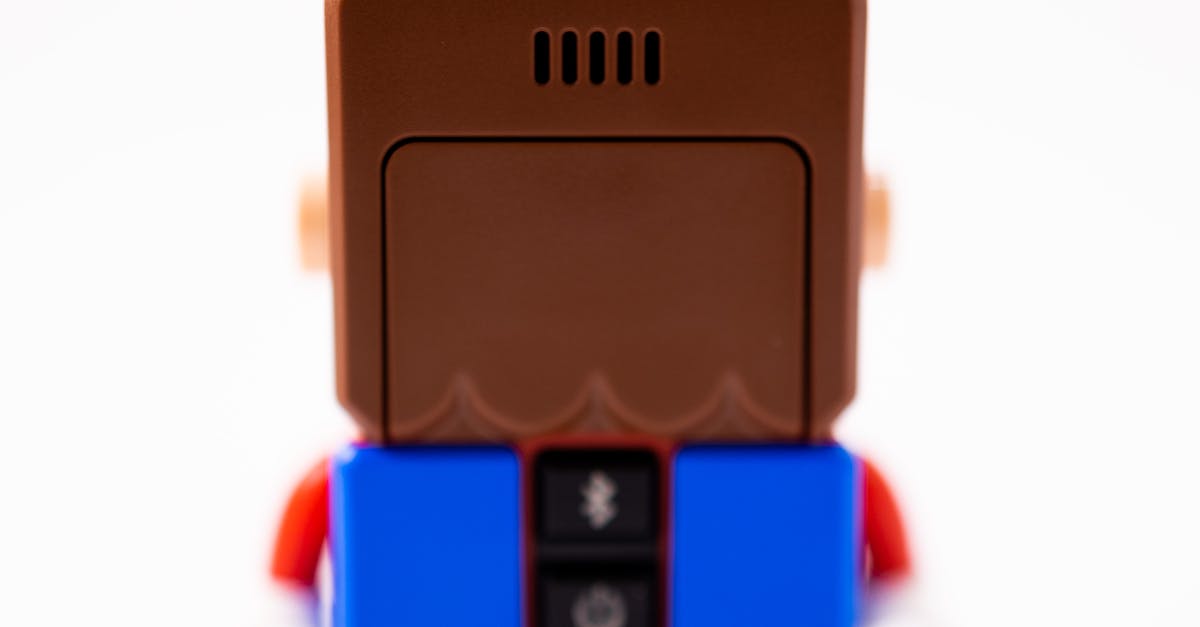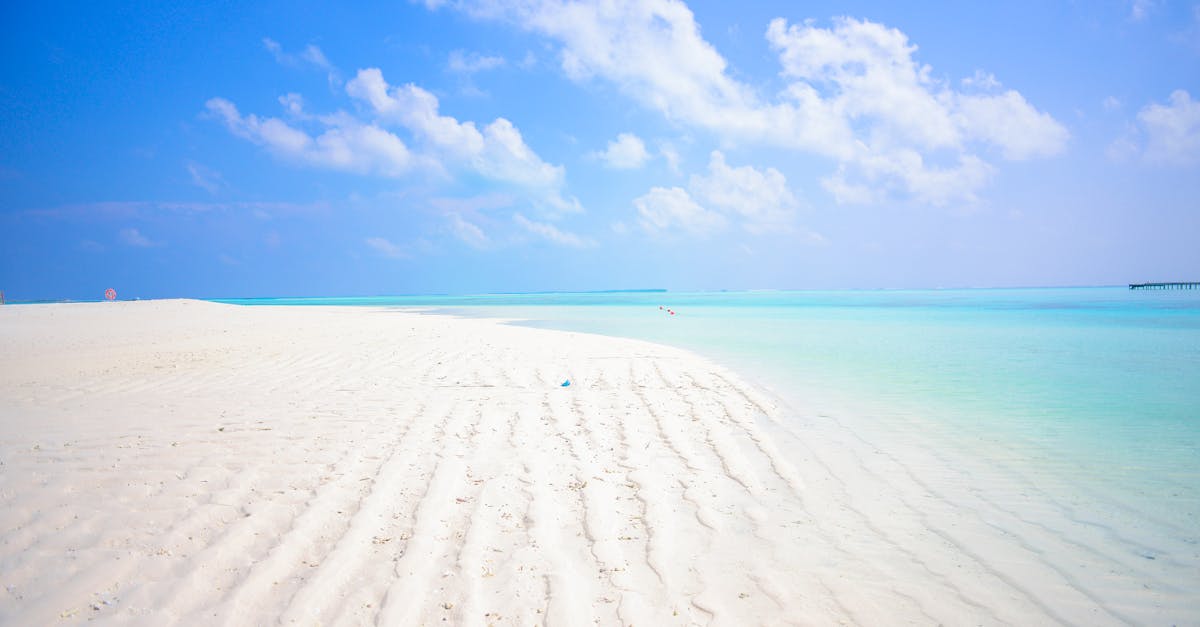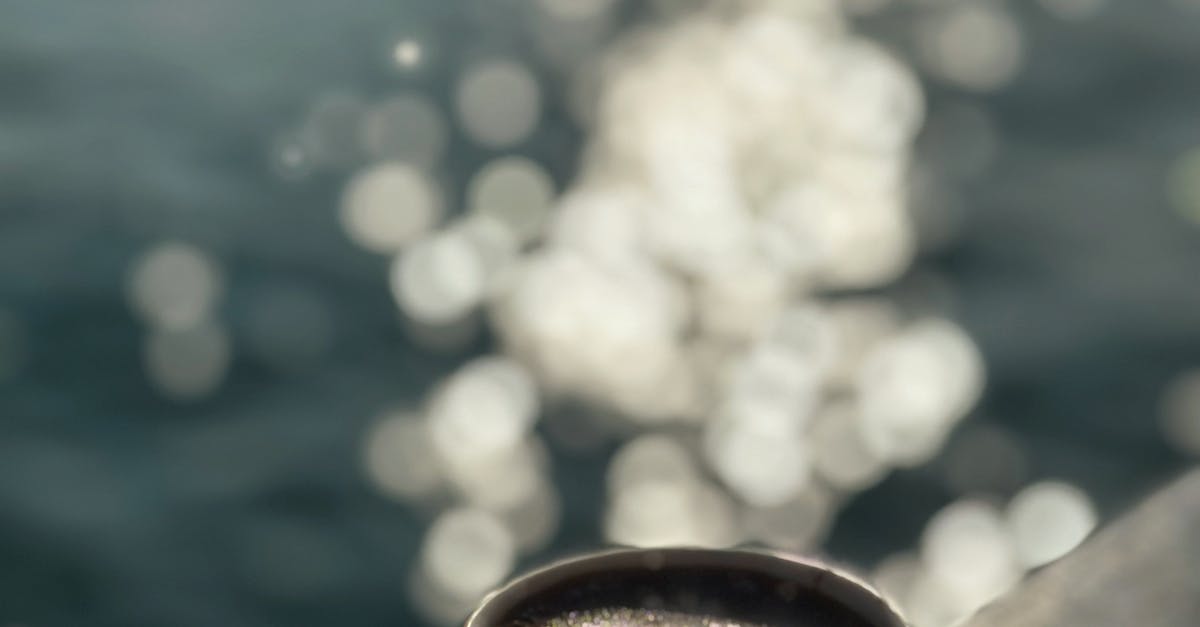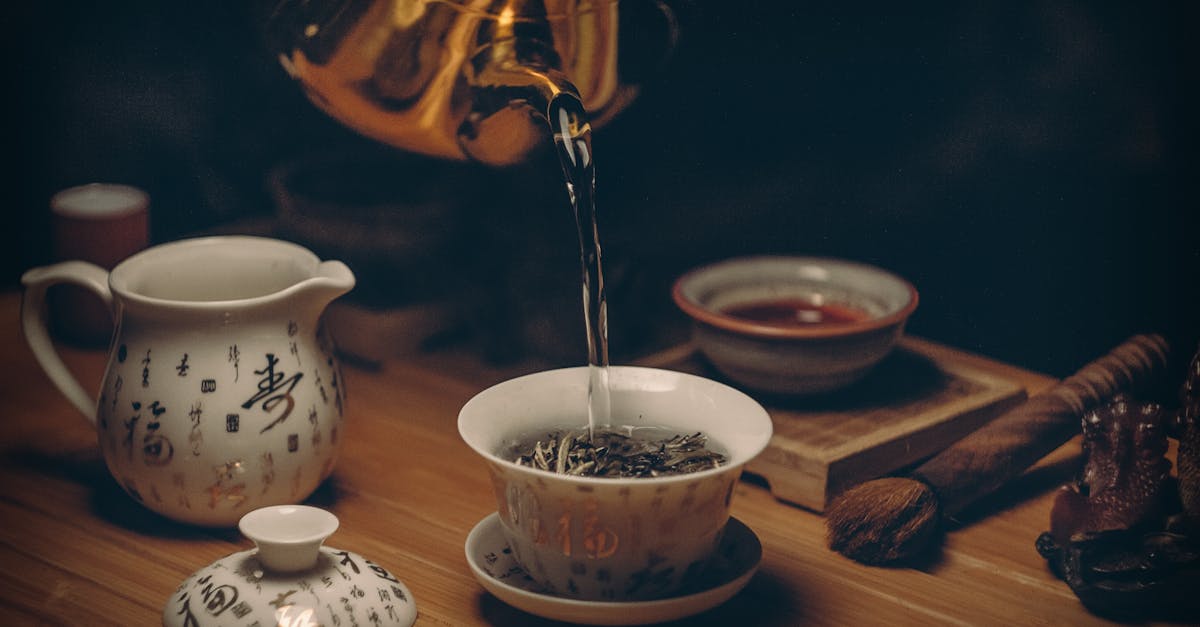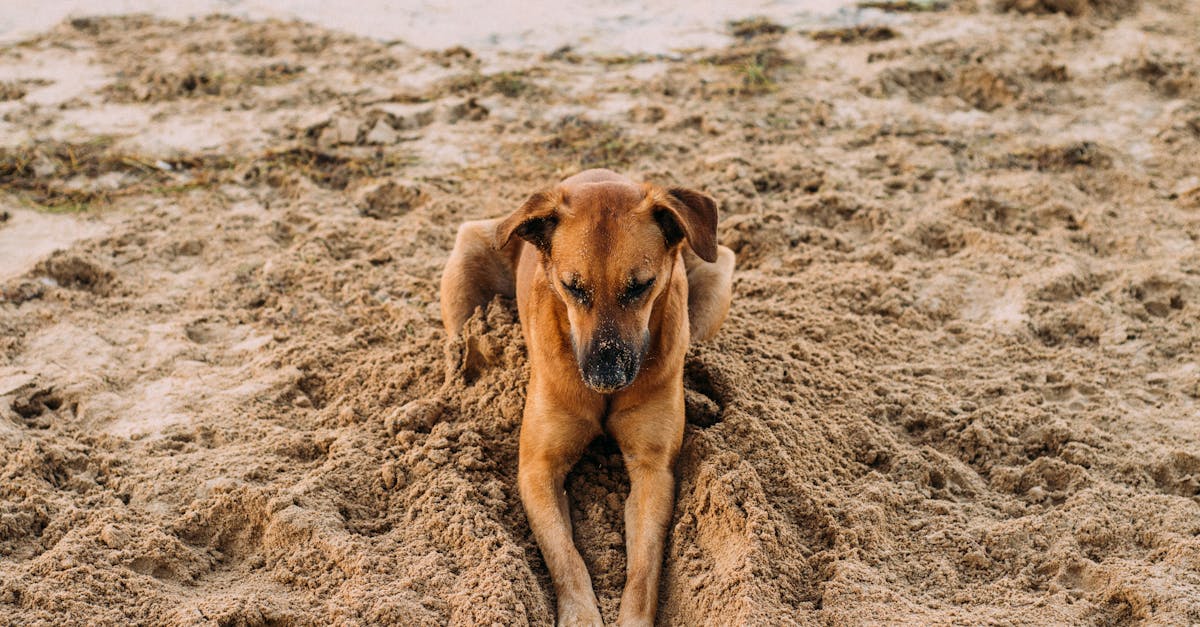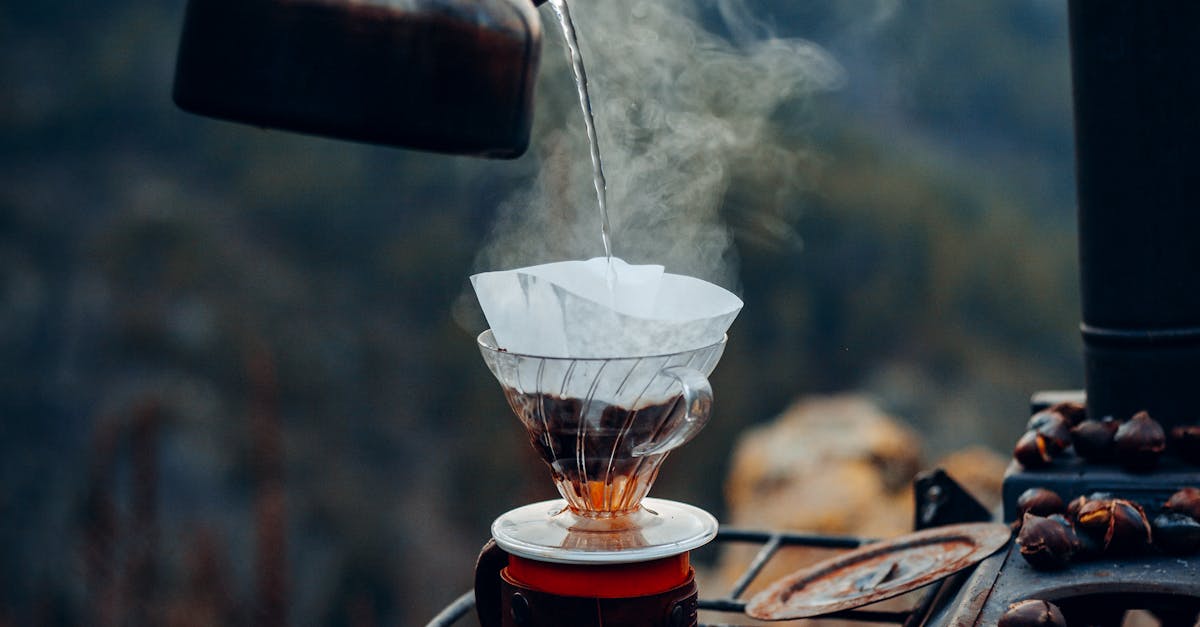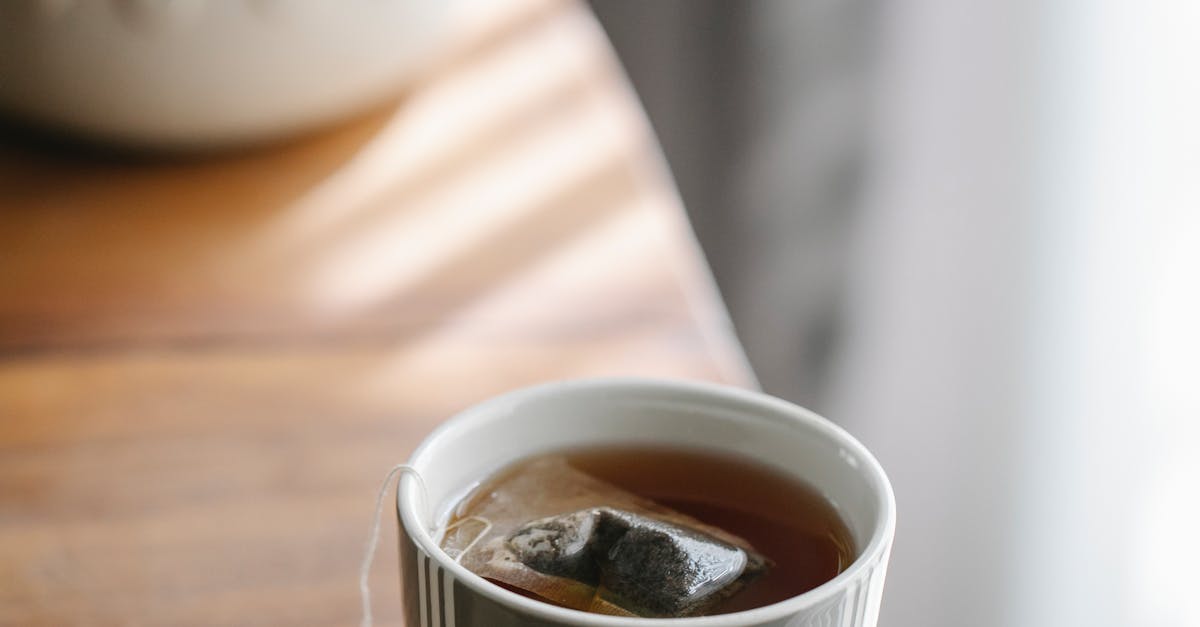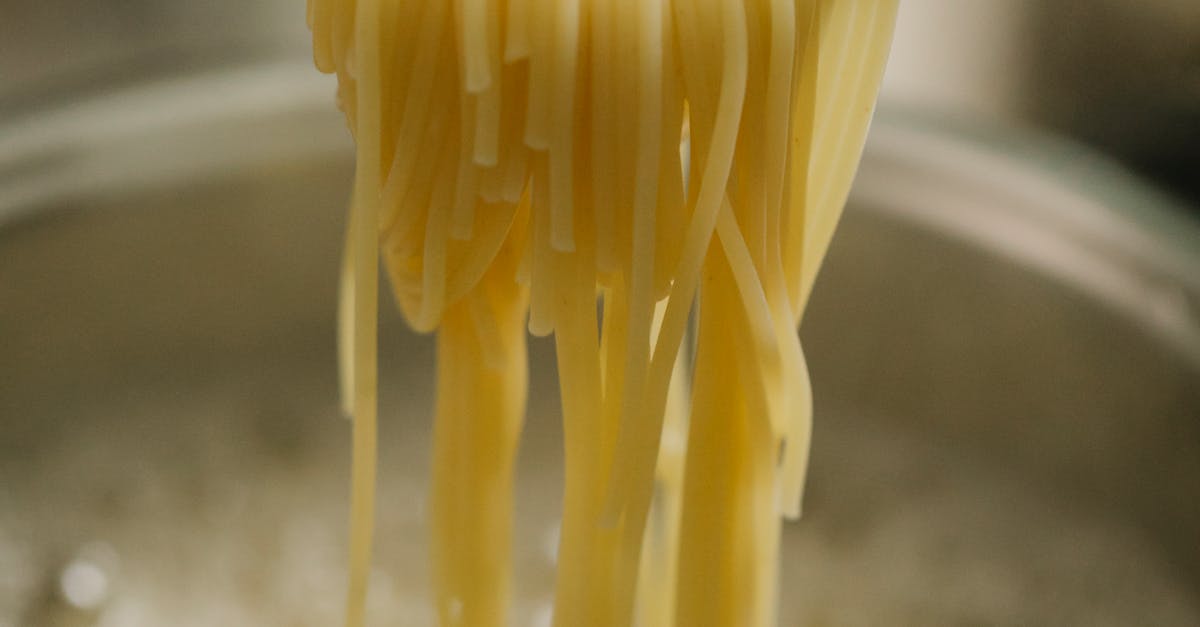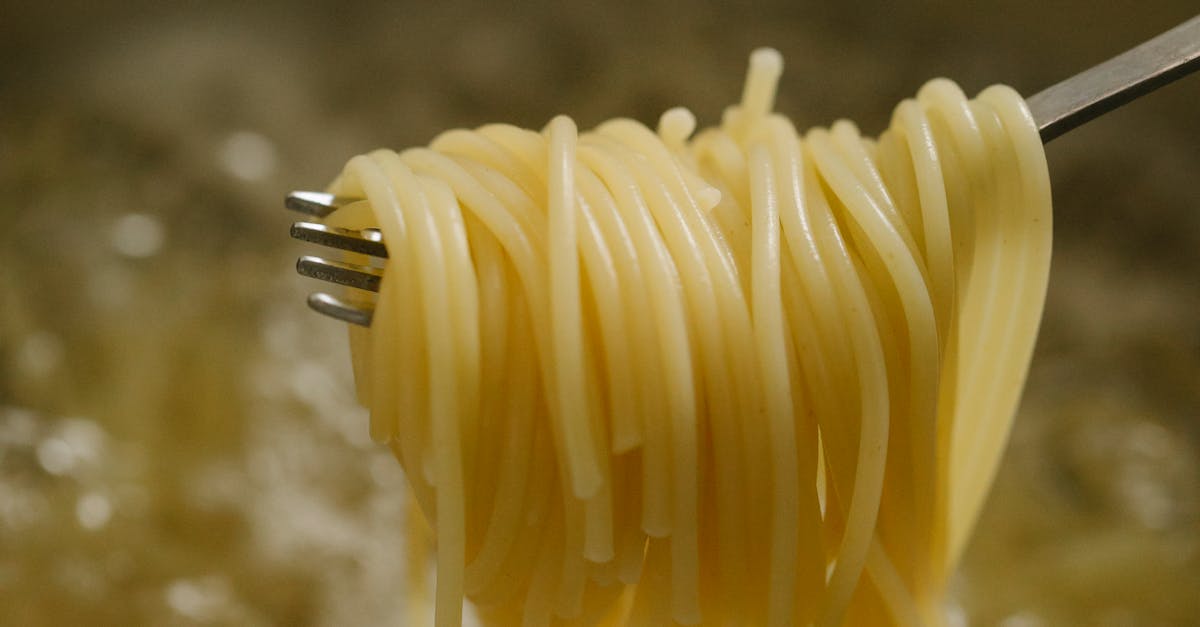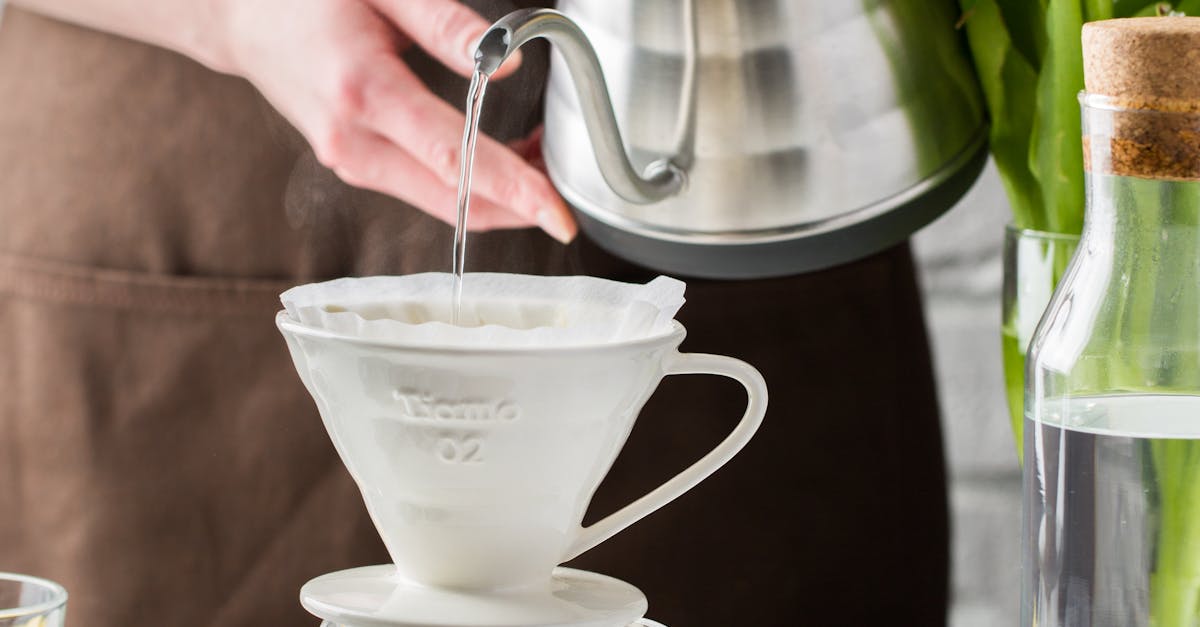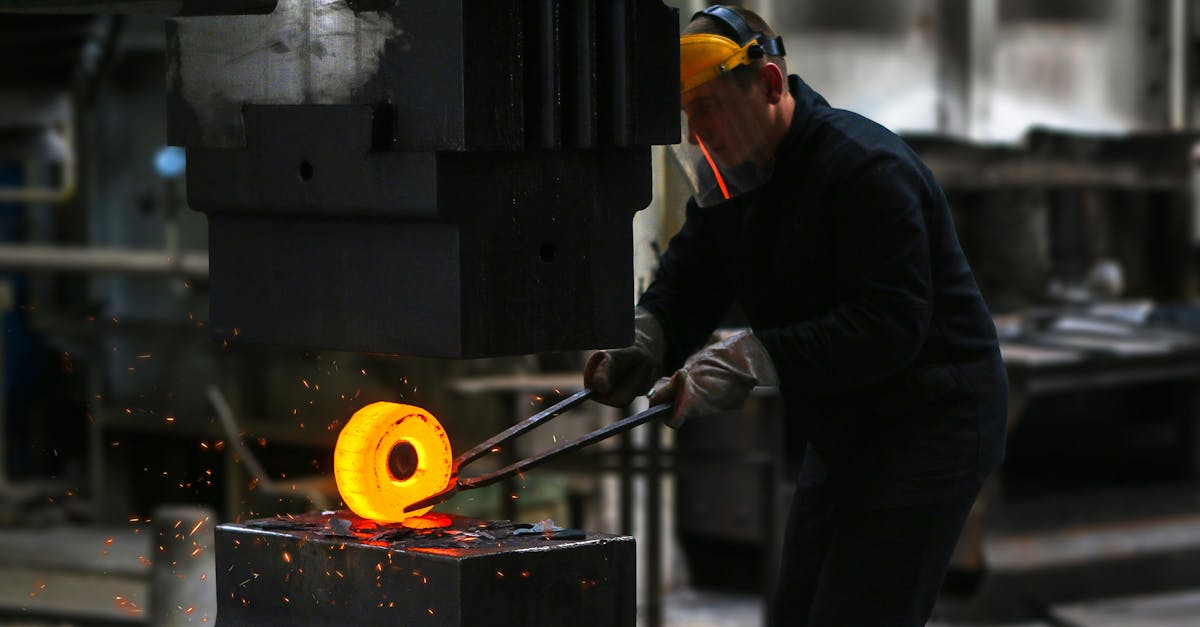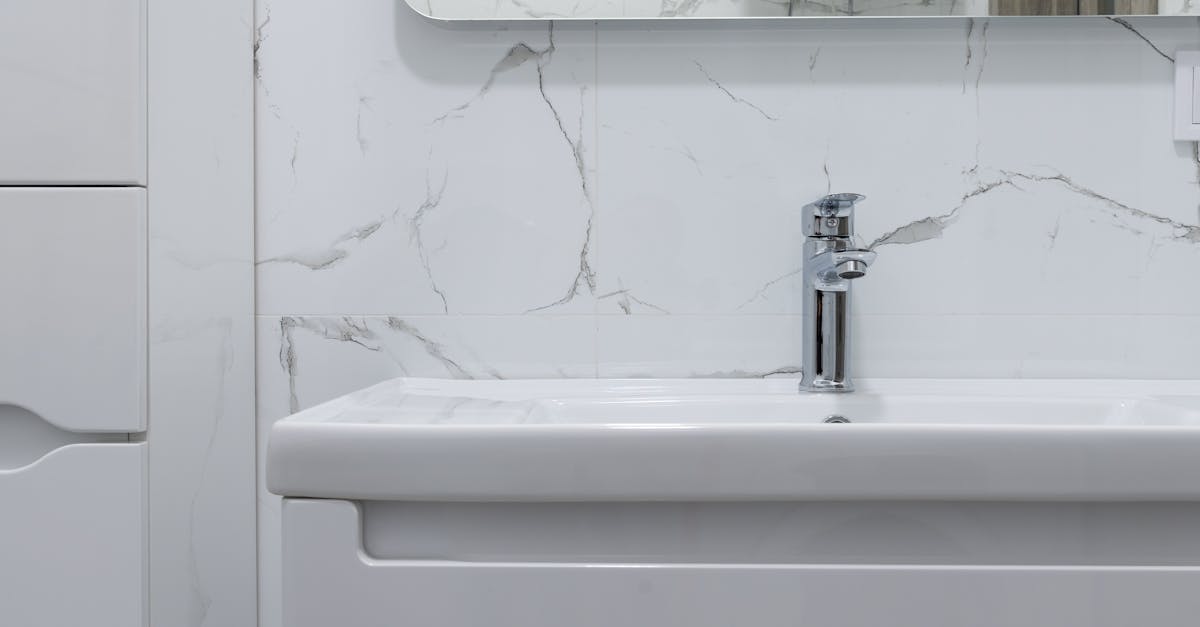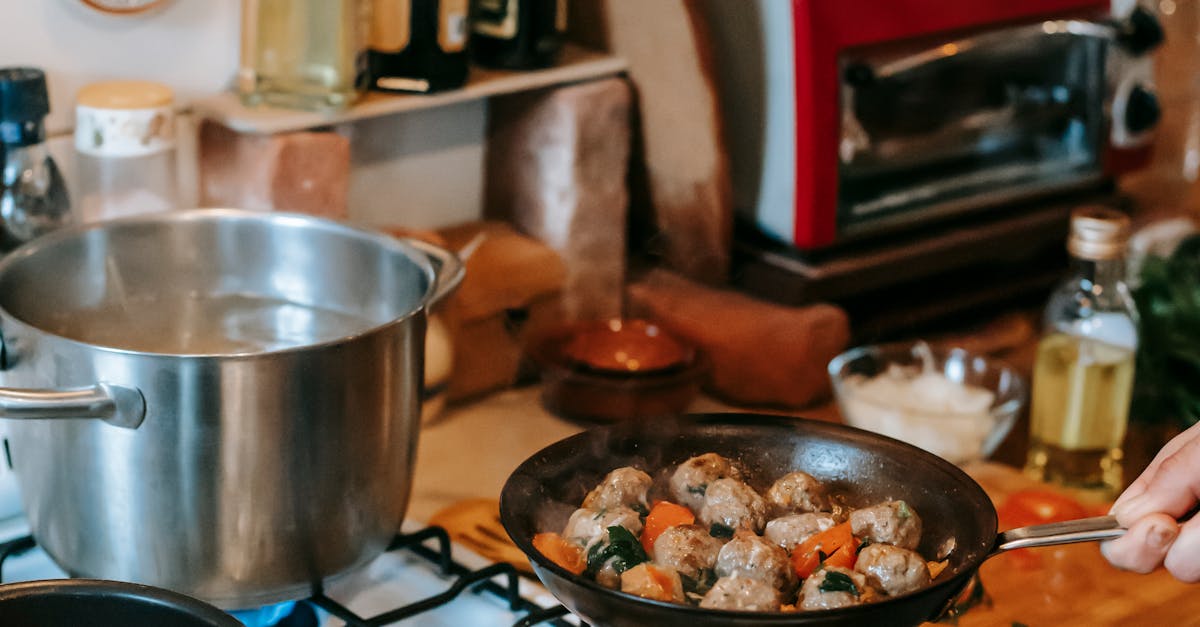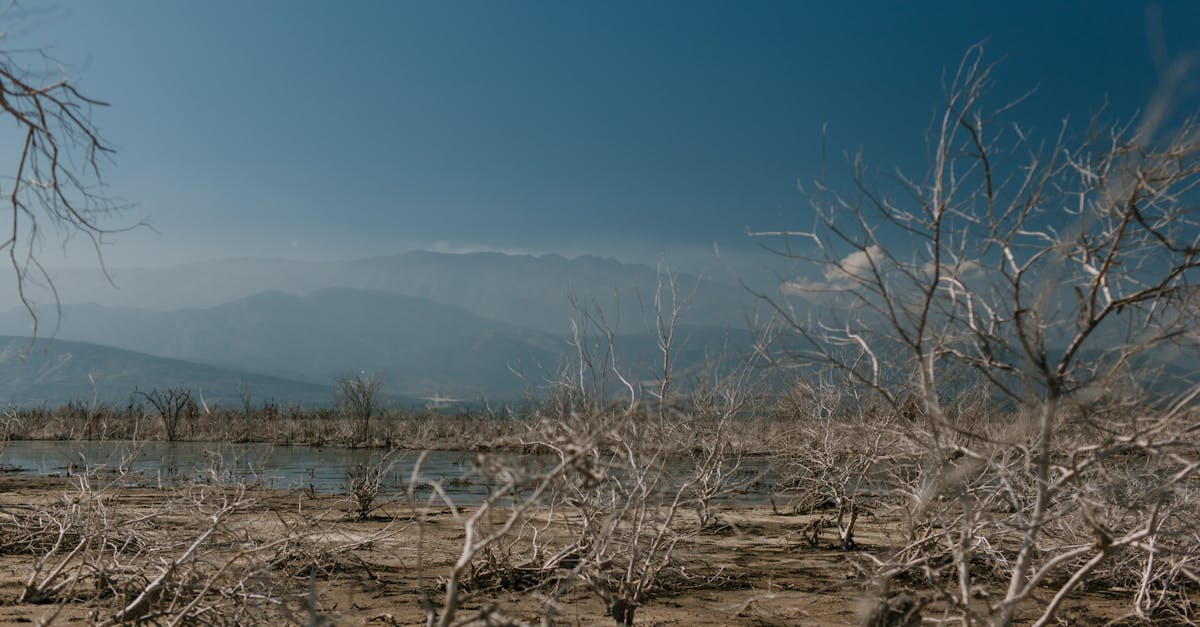
Table Of Contents
When to Call a Professional Plumber
Understanding when to call a professional plumber can save homeowners from further complications. If you notice persistent clogs despite regular drain cleaning efforts, it may indicate a more significant issue within the plumbing system. Frequent backups, slow drainage, or a foul smell can suggest underlying problems that require expert diagnosis. Attempting to fix these issues without the right tools or knowledge may exacerbate the situation.
Another signal to reach out to a plumber is when DIY methods, such as pouring boiling water, fail to produce results. Over time, drains can develop blockages caused by grease, hair, or other debris that hot water alone cannot dissolve. Professional plumbers have access to advanced techniques and equipment for effective drain cleaning, ensuring thorough and long-lasting solutions. Recognising these signs can help avoid costly repairs down the line.
Signs of Severe Drain Issues
Unusual patterns in water drainage can indicate more serious underlying issues. Slow drainage, gurgling noises, or frequent clogs signal that the plumbing might be compromised. These symptoms often require immediate attention. Ignoring these signs can lead to more significant problems, such as sewage backups or pipe bursts.
In such cases, it is wise to consider professional drain cleaning. This process not only addresses the visible symptoms but also targets the root causes of the issues. Adequate cleaning techniques can help prevent recurring problems and ensure the plumbing system functions smoothly. Timely intervention can save both hassle and costs in the long run.
Environmental Considerations of Pouring Hot Water Down Drains
Pouring boiling water down the drain can have notable environmental impacts, particularly relating to how wastewater systems operate. While hot water might seem like a quick fix for clearing minor blockages, it can inadvertently alter the behaviour of the pipes and the substances within them. In some cases, it may cause grease to break down temporarily, yet it can also contribute to a build-up of sludge further along the system, leading to more significant issues over time. Drain cleaning methods that rely on higher temperatures might not be compatible with every plumbing system, potentially exacerbating existing problems.
Additionally, the thermal shock from boiling water can affect the materials in the pipes, especially in older plumbing systems made from plastic or PVC. These materials may warp or become less effective at sealing joints, leading to leaks and further environmental concerns. Regular maintenance, including proper drain cleaning techniques, is a far more sustainable approach. This allows for the safe removal of blockages without risking damage to the plumbing infrastructure or harming the environment. Balancing immediate needs with long-term environmental health is crucial when considering what goes down the drain.
The Impact on Wastewater Systems
Pouring boiling water down the drain can have unintended consequences for wastewater systems. While it might seem like a quick fix for minor clogs or grease buildup, the extreme heat can weaken or damage pipes, particularly older ones made from PVC or other less heat-resistant materials. Over time, continuous exposure to hot water might lead to leaks or ruptures, resulting in costly repairs and potential environmental hazards.
In addition to jeopardising the integrity of individual pipes, the practice of regularly pouring boiling water into the drainage system can affect the overall wastewater system. Excessive heat can disrupt the balance of bacteria essential for breaking down waste in treatment facilities. Drain cleaning methods that rely heavily on boiling water could inadvertently compromise this biological process, leading to inefficiencies in managing wastewater and increasing the burden on treatment systems.
Common Myths About Boiling Water and Drains
Many people believe that pouring boiling water down the drain can effectively clear blocked pipes. This myth often stems from the idea that heat will melt away grease and other buildup. While hot water may help in some instances, it is not a guaranteed solution for all types of clogs. In reality, relying solely on boiling water can sometimes exacerbate the problem, particularly if the blockage is caused by more solid materials that require more thorough methods of drain cleaning.
Another common misconception is that any drain can handle boiling water without consequence. While some types of pipes, like metal, can endure high temperatures, others such as PVC may warp or become damaged when exposed to boiling water. This potential risk highlights the importance of understanding the specific materials involved in plumbing before attempting any form of homemade drain cleaning.
Debunking Misconceptions
Many people believe that pouring boiling water down the drain is a foolproof solution for unclogging pipes. The assumption is that the heat will dissolve grease and debris effectively, allowing for a smooth flow of water. However, this isn't always the case. While hot water can provide temporary relief for minor blockages, it may not penetrate deeper clogs or resolve more significant plumbing issues. Reliance on boiling water can lead to a false sense of security, prompting individuals to ignore the need for professional drain cleaning services.
Another common misconception is that boiling water is safe for all types of plumbing systems. While some pipes can handle the high temperatures, others, particularly PVC pipes, can be prone to warping or damage. This risk increases for homeowners with older or compromised plumbing, where the heat could worsen existing issues. It’s essential to recognise that effective drain cleaning often involves more than just hot water; professional methods utilising specialised tools may be necessary to ensure proper care and maintenance of plumbing systems.
FAQS
Is it safe to pour boiling water down the drain?
While pouring boiling water down the drain can help with some minor clogs, it's essential to consider the type of pipes you have. Older pipes, particularly PVC, can be damaged by high temperatures, so it's best to consult a professional if you're unsure.
What are the risks of pouring boiling water down the drain?
The primary risks include potential damage to pipes, particularly if they are older or made of materials like PVC. Additionally, boiling water can cause hot steam, which may lead to burns if not handled carefully.
Can boiling water help unclog drains?
Yes, boiling water can help dissolve grease and soap buildup in drains, making it effective for minor clogs. However, for severe blockages, it's advisable to call a professional plumber.
Are there environmental concerns with pouring hot water down the drain?
Yes, pouring boiling water can impact wastewater systems. It may stress the system and affect the treatment processes, so it's important to consider more environmentally friendly methods for clearing clogs when possible.
What alternatives can I use instead of boiling water for clogged drains?
Alternatives include using a mixture of baking soda and vinegar, a plunger, or a drain snake. For persistent issues, it's recommended to contact a professional plumber for assistance.
